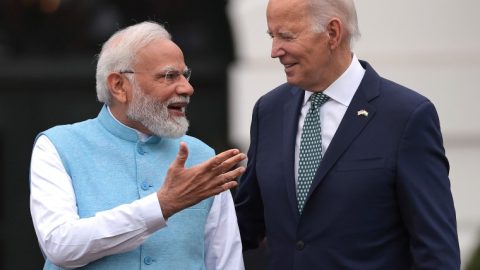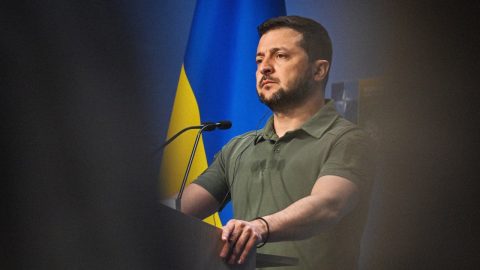Researchers Harvey J. Alter, Michael Houghton and Charles M. Rice have won the Nobel Prize in physiology or medicine for the discovery of Hepatitis C virus, the committe announced on Monday.
Prior to their work, the committee said, the discovery of the Hepatitis A and B viruses had been critical steps forward, but the majority of blood-borne hepatitis cases was still unexplained.
“The discovery of Hepatitis C virus revealed the cause of the remaining cases of chronic hepatitis and made possible blood tests and new medicines that have saved millions of lives,” the statement shared by the committee said.
Alter and Rice were both born in the U.S. while Hougton was born in the U.K.
An estimated 71 million people have chronic hepatitis C virus infection, according to the World Health Organization. A significant number of those who are chronically infected will develop cirrhosis, scarring of the liver caused by long-term liver damage, or liver cancer.
Each laureate made a significant contribution to Hepatitis C research, with much of their work dating back to the 1970s and 1980s.
The studies of transfusion-associated hepatitis conducted by Alter demonstrated that an unknown virus was a common cause of chronic hepatitis.
“To see so many people get cured is astounding,” Alter told the committee after getting the news Monday morning that he will share the prize.
Houghton worked to isolate the genome of the new virus while Rice provided the final evidence showing that Hepatitis C virus alone could cause hepatitis.
Thanks to their work, highly sensitive blood tests and antiviral treatments for the virus are now available.
Download the NBC News app for the latest news on the coronavirus
“For the first time in history, the disease can now be cured, raising hopes of eradicating Hepatitis C virus from the world population,” the committee said.
The award comes with a gold medal and prize money of 10 million Swedish kronor (over $1,118,000), courtesy of a bequest left 124 years ago by the prize’s creator, Swedish inventor Alfred Nobel.
The Nobel Prize in physiology or medicine has been awarded 110 times to 219 Nobel laureates between 1901 and 2019.
Two Americans and a Briton won the medicine prize last year for their discoveries of how cells sense and adapt to oxygen availability.
This year, the medicine prize carries particular significance amid the coronavirus pandemic, which has highlighted the importance of medical research.
The pandemic has meant that the Nobel ceremonies will have a lower profile this year with many of the traditional celebrations postponed or re-jigged as digital events.
The foundation has cancelled the banquet, the highlight of the celebrations that takes place every December, and the traditional prize-giving ceremony in Stockholm’s Concert Hall will be replaced by a televised event where winners receive their prizes in their home nations.
Prizes in physics, chemistry, literature, peace and economics will be announced later this week.
Reuters contributed to this report.









Recent Comments